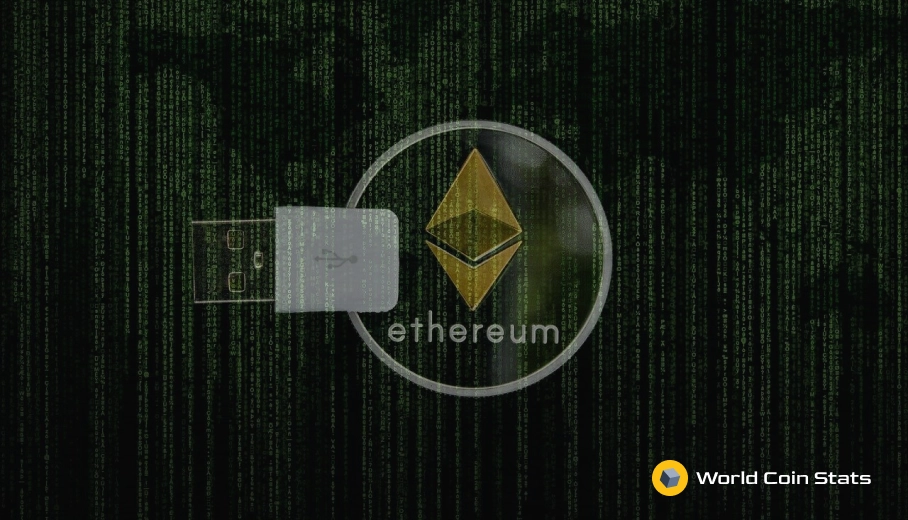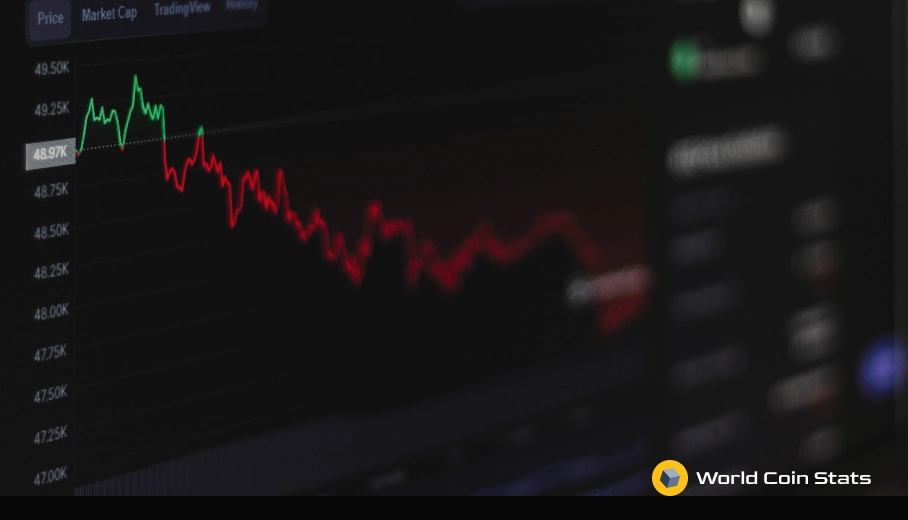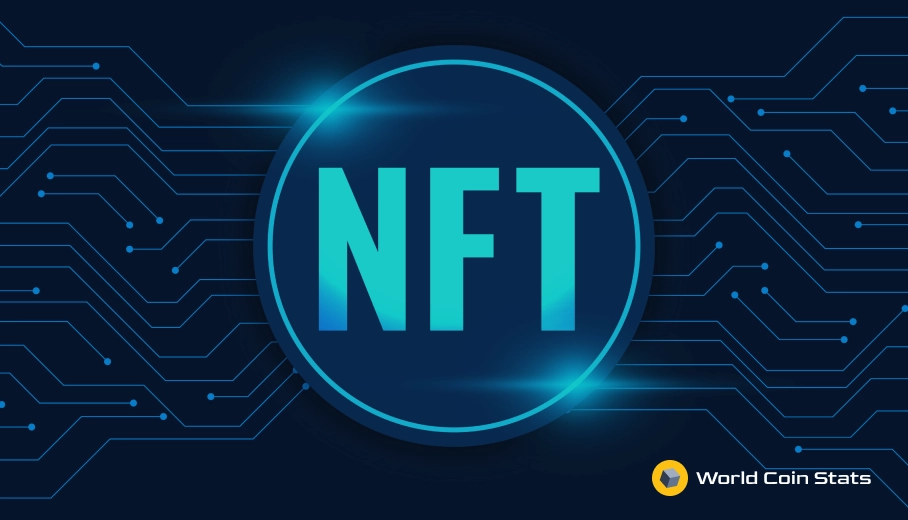Why Do We Need DeFi? What Real Problem Does DeFi Solve?
Decentralized finance (DeFi) has been quite popular for the past year. Unfortunately, many people have not realized the full utility of DeFi because the entire ecosystem is rife with scams.
That said, there are certainly problems that DeFi solves (or will solve) combined with a real use case for something like DeFi. This article will explain everything that you need to know about all the problems that DeFi solves.
Problems That DeFi Solves
Again, a lot of the problems that DeFi solves have not been fully realized because DeFi is still in its infancy. A lot of scams exist in the space and extremely high gas fees make it even more difficult for DeFi to solve problems.
Anyway, here are some of the problems that DeFi solves or can solve. The problems that we will focus on revolve mostly around higher theoretical concepts rather than specific problems.
Centralized Finance Charges Large Fees
The biggest problem that DeFi solves is that it removes middlemen from the financial sector. Middlemen have become so entrenched in the financial sector that the general public has simply accepted their existence without question.
There is a problem with middlemen, though.
Middlemen charge huge fees.
Just think of the fees that the average bank charges for the ability to do normal financial transactions (ie. $30 for a wire transfer). Not to mention that a checking account in the United States pays an atrocious interest rate like 0.1%.
We admit that DeFi protocols are similar to middlemen in the sense that they serve as an intermediary to conduct transactions. The huge difference is that these DeFi protocols are pieces of code managed by a small team of developers.
This results in significantly less fees. Pretty much every DeFi protocol has this going for it.
Some popular examples include Uniswap, SushiSwap, and yearn.finance.
Anonymity
Centralized finance has no anonymity nor privacy. This is done because the government wants to ensure that taxes can always be collected.
Anonymity means taxes cannot be easily collected.
DeFi has that problem solved. But taxes are not really the best part about anonymity.
The best part with anonymity is that wealthy individuals can ensure that they remain anonymous with their financial transactions. And by anonymity we mean true anonymity, not centralized finance anonymity where corporations still have access to the records.
To put it simply, you can easily remain anonymous on DeFi unless someone knows your wallet address.
Anonymity like that is a huge positive and something that is greatly needed in finance.
Increased Transparency
Another huge problem in centralized finance revolves around the trust that must be given to the aforementioned financial institutions.
Basically, you deposit money into a bank account with the hope that the bank does not go bankrupt. Alternatively, you invest your money with a hedge fund of some sort with the hope that the hedge fund is not a massive Ponzi scheme (ie. Bernie Madoff) that runs off with your money.
You will not know whether or not it’s a Ponzi scheme until you cannot withdraw funds because everything in centralized finance is extremely opaque. This relates to the middlemen problem – these middlemen do not have a particularly difficult job, but they keep it secretive so customers do not complain about the high fees.
DeFi turns this on its head. All trades are recorded to an immutable, public blockchain.
This means that anyone can see the trades that hedge funds make with some basic investigative work. Transparency like that results in two things:
- Less people will pay 2%/20% fees when they can simply copy the strategy by looking at the blockchain.
- Tools to increase wealth become available to more people.
Increased Accessibility
Our final point relates to accessibility. This ties into the above point about increased transparency, but it’s different enough to deserve its own section.
Basically, centralized financial institutions serve as gatekeepers for a lot of money making opportunities. This is stuff like venture capital funds and early investment into companies.
You have to be an accredited investor and also have the appropriate connections to find lucrative investments.
This is not a particularly fair system, but it is the system that exists.
DeFi makes things a lot more open to everyone. Can you purchase Ethereum?
If yes, then you have the same investment opportunities as billionaires.
A real life example of this is Mark Cuban investing into Iron Finance. His connections and wealth did not prevent him from losing his entire investment.
That is not quite the story people want to hear about DeFi. But it does demonstrate that being in the top 0.001% of income does not mean that you will not get burned.
Transparency like that results in a much more fair opportunity for everyone. The results are obviously different, but everyone has the same opportunity.
DeFi Still Has Problems
All the benefits of DeFi we listed sound great on paper. The problem is that DeFi at the moment consists of 99% scams with maybe 1% being actual infrastructure.
That is the typical progression of cryptocurrency technology. Bitcoin started out as weird internet money used by credit card hackers, scammers, and online drug dealers.
Bitcoin is now legal tender in El Salvador.
DeFi will likely follow a similar pattern. It is now mostly used by scammers looking to make 4 to to 7 figures in the short term. But the people and groups building useful protocols have the potential to make protocols that become mainstays of the DeFi landscape.
Put it this way, Uniswap has the potential to become the Binance of DeFi. Yearn.finance has the potential to become the eTrade of DeFi.
All that is to say that you should not discount DeFi because it’s full of scams. The scams will disappear over time leaving a solid financial infrastructure that serves as a good replacement to centralized finance.
Final Thoughts
That sums it up for the problems that DeFi solves and why we need DeFi.
To summarize, centralized finance organizations serve as gatekeepers to a lot of wealth earning opportunities. This is possible because the infrastructure involved in centralized finance is closed source and the information is very obfuscated.
DeFi changes this by putting the information, but not the identities, in the public sphere forever. This removes a lot of secrecy, which is one of the big catalysts for why people can get ahead in the centralized finance landscape.
The one thing that DeFi does extremely well is give everyone an equal opportunity for success. However, the results are not equal due to a variety of factors (timing, intelligence, capital, etc.).
This means that DeFi is the most fair system of finance we will likely see. Equal opportunity with unequal results allows everyone the same chance to get ahead.




